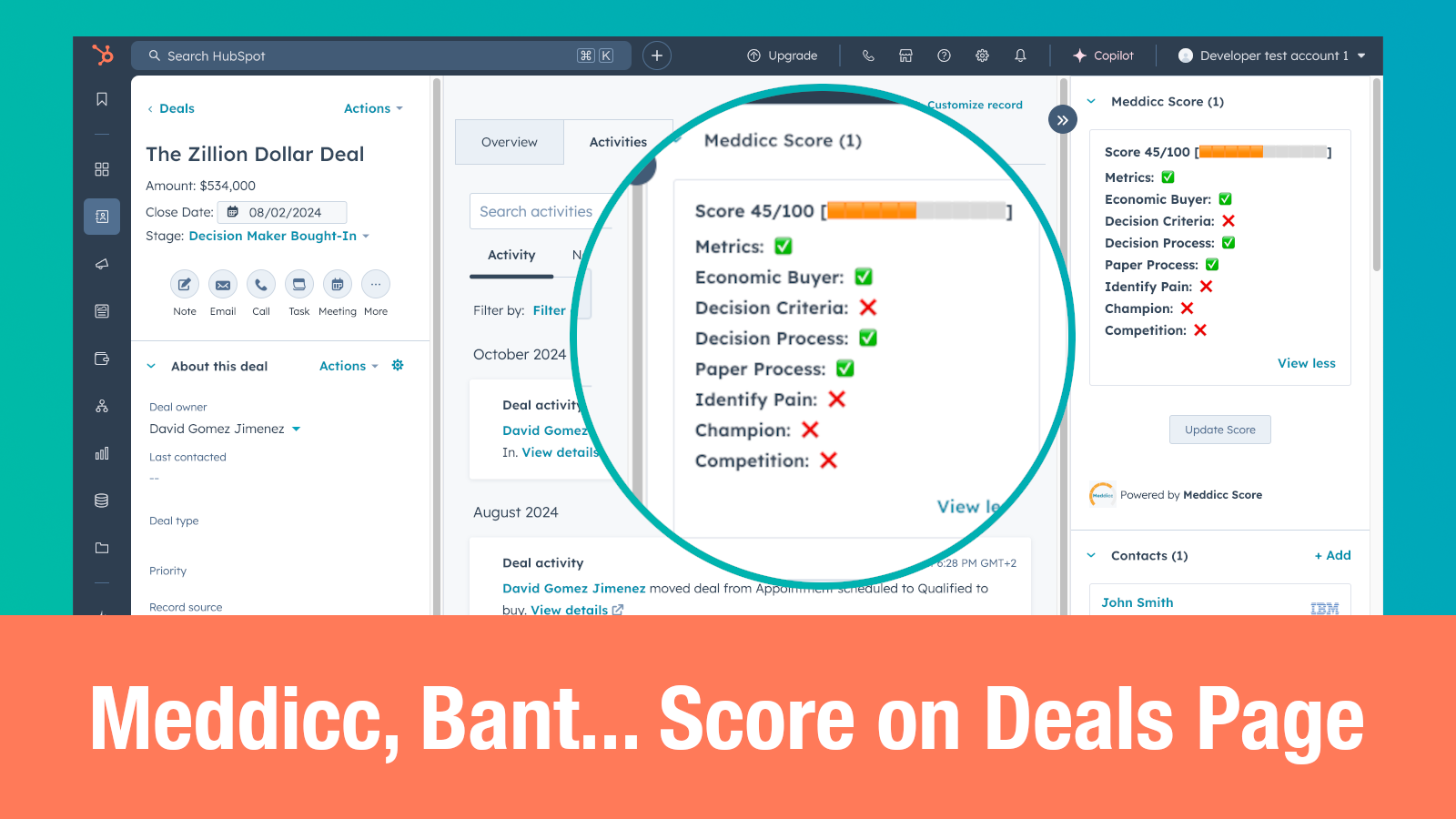Exploring the New Qualification Frameworks: FAINT, CHAMP, SCOTSMAN, and ANUM
The emergence of new qualification frameworks like FAINT, CHAMP, SCOTSMAN, and ANUM is reshaping educational and professional development landscapes. As industries evolve, so too must the frameworks that govern skills validation and competence assessment. This article provides a comprehensive overview of these frameworks, highlighting their unique features, benefits, and implications for learners and employers.
What Are Qualification Frameworks?
Qualification frameworks serve as structured systems that define the standards and criteria for qualification attainment. They help align educational outcomes with employment requirements, ensuring that skills and knowledge are relevant to current industry needs. By adopting frameworks like FAINT, CHAMP, SCOTSMAN, and ANUM, various sectors can maintain consistency in qualifications and uphold quality assurance.
Overview of the Frameworks
1. FAINT
FAINT stands for Flexible Assessment of Innovative New Talent. This framework emphasizes adaptability in skills assessment, allowing for diverse evaluation methods that cater to different learning styles. FAINT aims to recognize not only traditional qualifications but also practical experience and transferable skills. This is particularly beneficial in industries that are rapidly changing, as it allows for the continuous development of talent.
2. CHAMP
CHAMP represents Competency Hierarchies for Achieving Meaningful Progress. This framework focuses on building a clear progression path for learners. By establishing competency hierarchies, CHAMP provides a roadmap for individuals to understand the necessary steps to advance in their careers. It is particularly useful for organizations seeking to facilitate employee growth and retention, as it encourages ongoing skills development and provides clarity in professional expectations.
3. SCOTSMAN
SCOTSMAN stands for Systematic Certification of Occupational Training Standards for Managerial Affiliations and Needs. This framework is designed specifically for managerial roles, addressing the unique challenges faced by leaders in various sectors. SCOTSMAN emphasizes a rigorous evaluation process, ensuring that managers possess the necessary skills to lead effectively in today’s complex business environments. By focusing on competency-based assessments, SCOTSMAN fosters strong leadership and drives organizational success.
4. ANUM
ANUM stands for Agile Nexus for Unified Methodologies. This framework is innovative in its approach, promoting agility in skill recognition and certification. ANUM supports interdisciplinary learning and collaboration, allowing professionals to gain skills that traverse traditional boundaries. This is particularly relevant in our increasingly interconnected world, where adaptability and cross-functional competencies are essential.
Why These Frameworks Matter
The introduction of these frameworks reflects a significant shift in how skills are valued and assessed in the modern job market. Here are some key reasons why they matter:
- Relevance: They ensure that qualifications align with changing industry needs, making education more relevant to the job market.
- Empowerment: They empower learners by recognizing a broader range of skills, including practical experiences and soft skills.
- Standardization: By providing standardized approaches to assessment, these frameworks help maintain quality across different sectors.
- Support for Career Growth: They offer clear pathways for professional development, allowing individuals to manage their career progression effectively.
Conclusion
In conclusion, the qualification frameworks of FAINT, CHAMP, SCOTSMAN, and ANUM represent a crucial evolution in how we recognize and validate skills and competencies. Their structured yet flexible approaches provide immense value to learners, educators, and employers alike. As these frameworks gain traction, understanding their nuances will be vital for anyone looking to thrive in today’s dynamic job market. Keeping abreast of these developments not only supports personal growth but also ensures alignment with industry standards and expectations.




